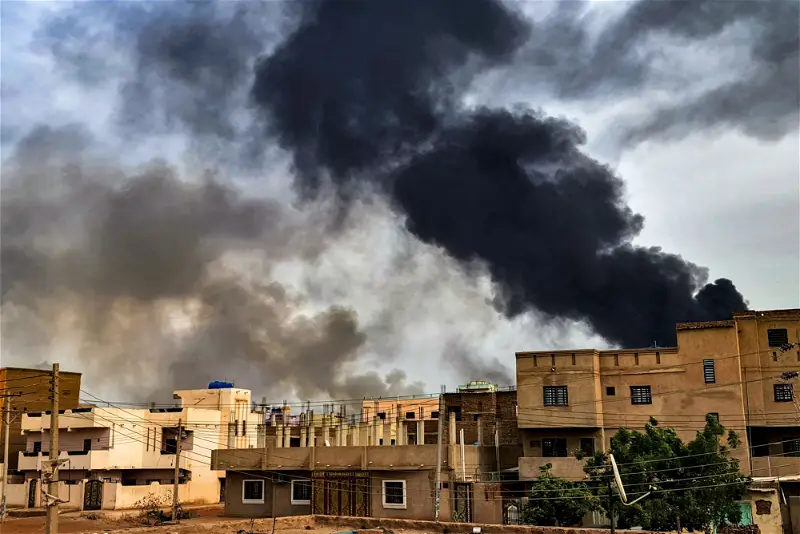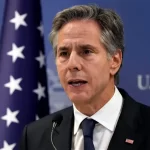Britain on Monday announced sanctions against businesses linked to the warring parties in Sudan, which is facing a major humanitarian disaster after a year of conflict.
Fighting, which broke out between rival generals in the North African country on April 15 last year, has killed thousands and caused an estimated 1.8 million people to flee to neighbouring countries.
Aid workers say the conflict has led to a catastrophe in the country of 48 million, with many civilians enduring starvation, sexual violence, large-scale ethnic killing, and executions.
The foreign office said “strict measures” will include an asset freeze on companies linked to the Sudanese Armed Forces (SAF) and its rival, the paramilitary Rapid Support Forces (RSF).
“We continue to see appalling atrocities against civilians, unacceptable restrictions on humanitarian access and an utter disregard for civilian life,” said British foreign minister David Cameron.
“The businesses that support the warring parties must be held to account, alongside those responsible for human rights abuses. The world must not forget about Sudan. We urgently need to end the violence.”
Targets of the sanctions include Alkhaleej Bank, a financial institution that has been financing the RSF, and Al-Fakher Advanced Works, a holding company used by the organisation to export gold. The proceeds are used to purchase weapons.
Red Rock Mining, a mining and exploration company that provides funds to the SAF, will also be sanctioned.
The company is closely linked to Defence Industries System, the economic and manufacturing arm of the SAF, the foreign office said.
France, which is hosting an international conference on Sudan, is seeking aid contributions and increased attention on what officials say is a crisis crowded out by the ongoing conflicts in Ukraine and Gaza.
“The civilians here are enduring starvation, mass sexual violence, large-scale ethnic killing, and executions,” said Will Carter, Sudan country director for the Norwegian Refugee Council.
More than 8.5 million people have fled their homes since the start of the war, according to the UN. The World Health Organisation has warned that the country faces a collapsing health system with acute shortages of staff and medicines








